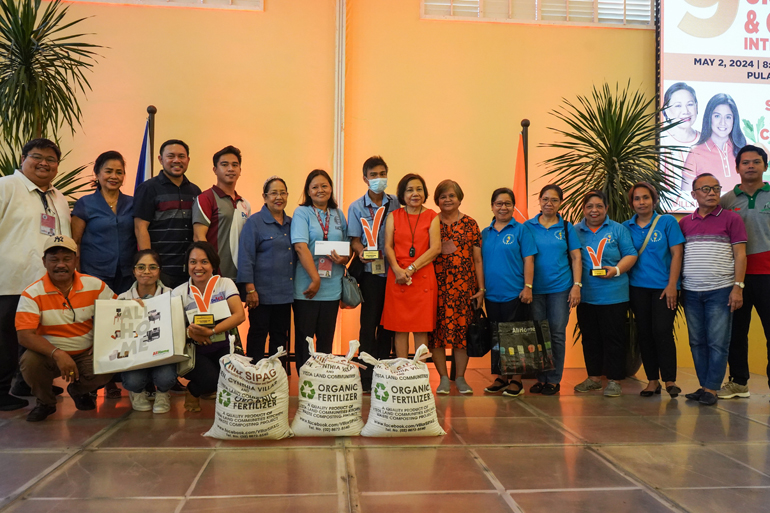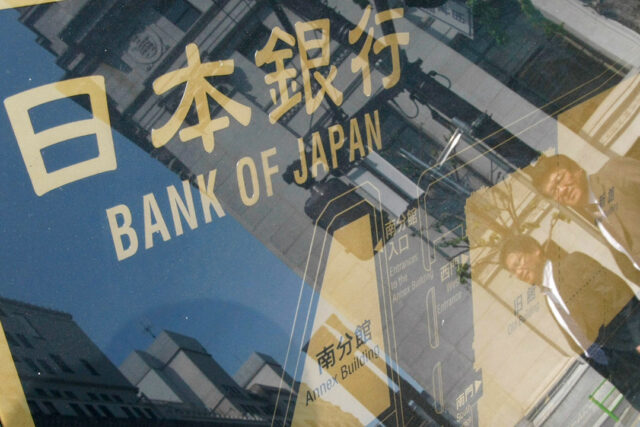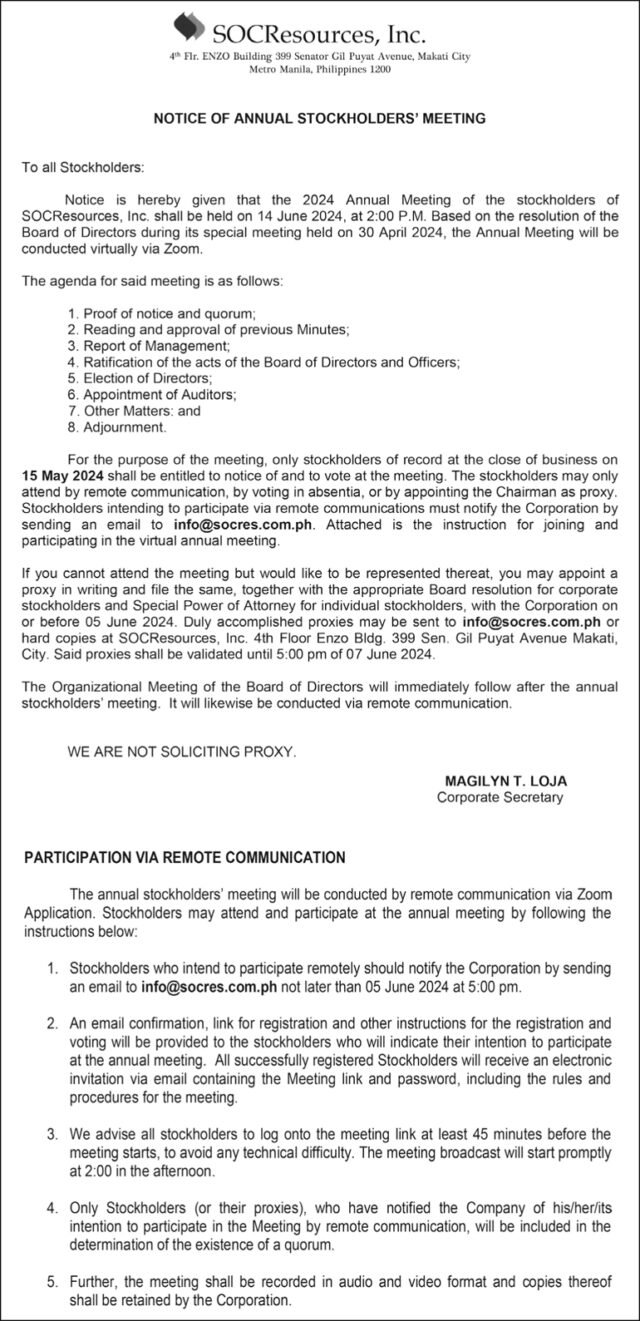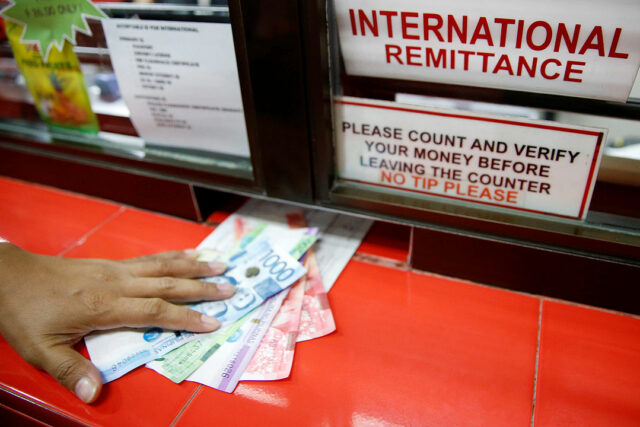How inclusion and diversity can drive innovation and so much more

Back in the early 1990s when the IT field was beginning to boom both here in the Philippines and globally, it was predominantly a man’s world, says Ambe Tierro, Country Managing Director and Technology Lead of Accenture in the Philippines.
“When I took on international assignments, that was when I realized how women were underrepresented in the field. That could be intimidating for women to find their voice. Not having the right representation could discourage women from taking on more responsibilities and assuming senior leadership positions.”
Things have started to change, however, as the diversity of talent in the information technology and business process management (IT-BPM) industry is much better nowadays. Because for Tierro, having diverse talent opens more opportunities to ideate and innovate, especially with the rapid pace of advancements in technology and its influence on how we work and live.
As a leader in the IT-BPM industry, Accenture believes that Talent is one of the 5 forces of change that will shape the success of businesses and communities. That is why Accenture is committed to doing what it does best for its people — that is driving programs and initiatives that support their professional growth and well-being, and creating a culture of equality where everyone thrives. In fact, Accenture is proud that more than half of its workforce in the Philippines are women who hold positions across all levels in the company. And it doesn’t have to stop there.
From the ‘Queen of Tech’ to future ‘Queens of Tech’
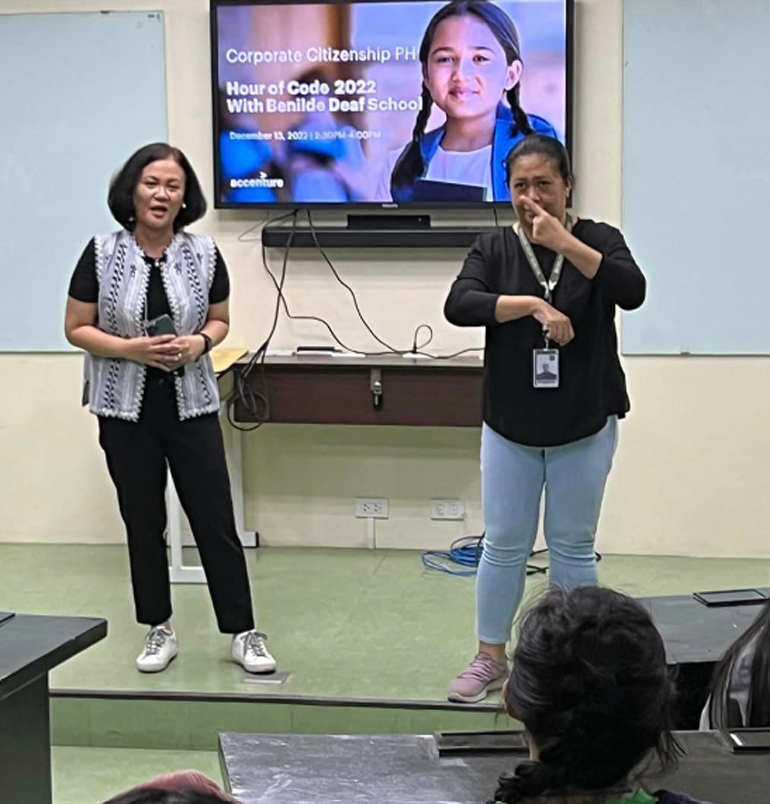
If you are part of the IT industry, you are in the best position to create the future. And that goes for all — regardless of one’s gender, age, ability or disability.
This was one of Tierro’s pieces of advice to the attendees of the recently-concluded She Slays 2024 of The Philippine Star to mark International Women’s Month. In her ‘Queen of Tech’ portion, Tierro shared how a strong focus on inclusion and diversity equalizes opportunities for everyone, helping build the foundation for more ‘Queens of Tech’ in the future. And if there are three things she hopes to impart to students and young professionals, Tierro zeroed in on curiosity and learning, boldness to speak, and mentorship.
Be curious and continue learning. Tierro’s fascination for computers started when she was in high school. She never stopped being curious. She never stopped learning. Having worked in this industry for more than three decades, Tierro emphasizes the importance of learning, especially with technologies like Generative AI. “There’s always something new in technology. Even now, I learn and I learn every day,” she explains, “which is how one would build the competence, hone the skills, and have the depth of mastery of what we do and how we stay relevant to the times.”
Be bold and speak up. She is at the helm of Accenture in the Philippines now, but Tierro started her career journey like a regular college graduate — from the bottom, so to speak — as an entry level programmer. Being the only woman, sometimes the only Asian woman, in her meetings abroad, there were times when she was afraid to speak up. But over time, Tierro taught herself to use that to her advantage to stand out and be memorable. “To be able to do this, that meant I had to build my competence and be laser-focused on my preparation. I prepared, I looked at the agenda and, in some cases, I volunteered to speak. After your slot to speak, you’d be more confident.”
Be a mentor to someone else. Mentorship is a key factor in Tierro’s more than 30-year career journey at Accenture. A significant part of her success and journey in the company has been the community and network of support that she has been privileged to be a recipient of, build and nurture over the years. She recalled being fortunate to have leaders — both men and women — who supported her, enabled her, and they called her out. “Ambe, do you have something to add? Ambe, what question do you have?” My mentors asked me these questions before, and I do this now in our company.”
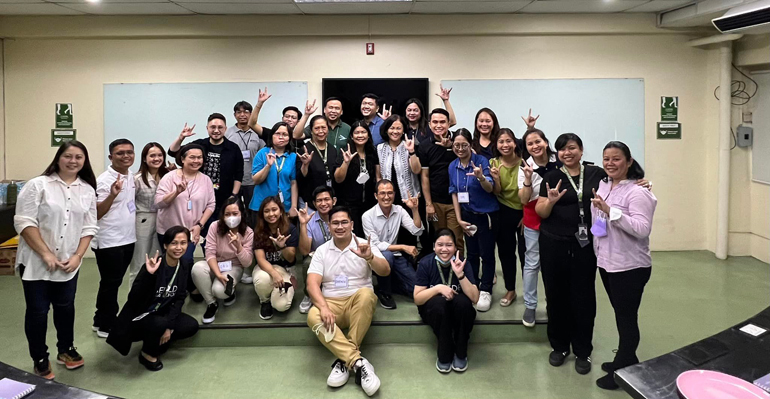
They say that diversity is being invited to the party but inclusion is being allowed to dance. “It is important that we invite each other and make space for other women at the table. My mentors did that for me so I try to do that for other women.”
About 16 months into her role as the top executive of Accenture in the Philippines, Tierro is focused on fostering an inclusive environment for all. Accenture continuously reviews its policies and practices to support its people, especially women. And this commitment extends beyond Accenture, as Tierro is also a staunch advocate of inclusivity and diversity through STEM education, particularly for young Filipinas.
“If we can ignite their passion for technology at an early age and provide them with the support and mentorship that they need along the way, the future is bright for innovation in our country. I have witnessed the immense opportunities for women in this field and I am excited to see our young generation of girls become the future queens of tech in our country.”
Spotlight is BusinessWorld’s sponsored section that allows advertisers to amplify their brand and connect with BusinessWorld’s audience by publishing their stories on the BusinessWorld Web site. For more information, send an email to online@bworldonline.com.
Join us on Viber at https://bit.ly/3hv6bLA to get more updates and subscribe to BusinessWorld’s titles and get exclusive content through www.bworld-x.com.




